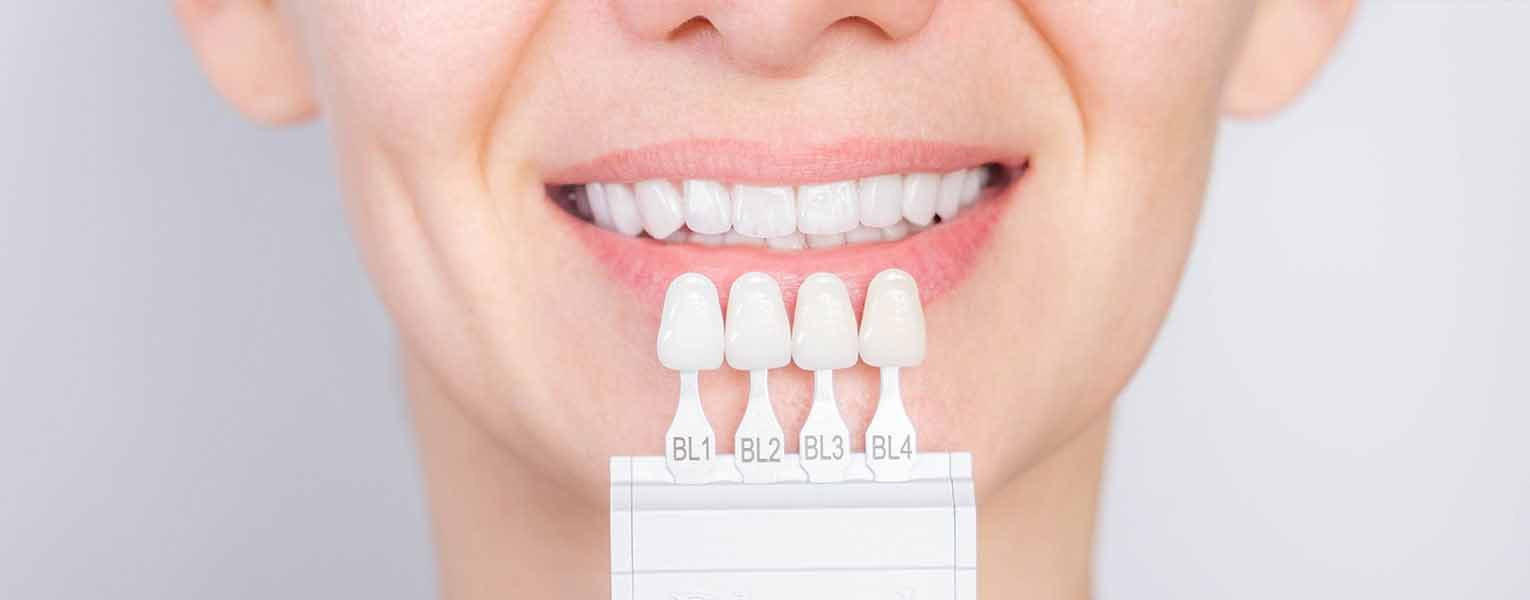What is Zirconium Crown?
The element Zirconium, a white hard metal, is used in dentistry as "zirconia (zirconium dioxide)". It is a bio-compatible restorative material with very high fracture resistance. It is also a suitable choice for patients who are allergic to metal elements such as nickel-titanium.
In Which Dental Treatments Zirconia Treatment is Used?
Thanks to its light translucence, preparability and polishable structure, it may be used in the construction of all anterior/posterior restorations. It is one of the preferred restoration materials in dentistry as it is tissue friendly.
How Are Zirconia Crowns Applied?
Depending on the type of restoration and the amount of healthy teeth, preparations are made on the teeth. Utilizing 3D digital scanners, the patient's tooth impressions are taken. A digital model of the tooth to be produced is created on the computer and crowns are produced in 3-axis zirconia manufacturing devices. It is baked after making the final touches according to the photographs of the patient, and the process is completed with the final polish to provide a natural appearance.
How to Care for Your Zirconia Veneers?
Caring for your zirconia veneers is no different from your natural teeth. Your veneers should be brushed twice a day and spaces between each tooth should be cleaned regularly with dental floss. Like every patient, patients with zirconia veneers should not neglect routine dental check-ups every 6 months.
What are the Aesthetic Advantages of Zirconia Teeth?
In metal-supported porcelain which is an older method than zirconium crowns, the inner surface of the crowns are covered with gray metals. These crowns are obtained by stacking tooth-colored porcelain on metals. However, due to the transparent structure of the porcelain, the silhouette of the gray metal underneath becomes clear over time and the veneers appear more dull than natural teeth. Zirconia teeth are one-piece restorations and all of them are the same color as teeth. In addition, by giving the effect of transparency to their ends like how natural teeth looks, an aesthetic appearance suitable for the person's own tooth structure is provided.
How Many Days Does It Take to Get Zirconium Veneer Teeth?
Thanks to advancing technology, the impression of the teeth is taken digitally and instantly sent to the laboratory, and the designs are made in a digital environment within minutes. In this way, it is possible to save time by converting the impression to physical form and save on waiting for courier delivery times to the lab. These lab waiting times which were used to be 4-5 days in the past have now shortened to such a time frame that allows same day's evening deliveries from the lab with impressions taken in the morning.
Will I Feel Any Pain During the Zirconium Crown Treatment?
All teeth to be restored are numbed with digital anesthesia before the procedure, and temporary restorations are attached to the patient's teeth before the numbness disappears, ensuring that the quality of life standard of medicine is maintained through temporary veneers until the new teeth comes in.
What Should I Be Aware of After Getting Zirconia Crowns?
As long as the patient follows the daily routine of oral hygiene after getting the crowns and attends dental check-ups every 6 months, there is no need for an extra procedure or prevention method. Zirconia dental crowns are pressure resistant like our own teeth and are suitable for the daily routine like chewing food.
Can Zirconia Crowns be Applied to Those Who are Allergic to Metal?
Allergy was common in old metal-supported dental crowns. Zirconium allergy, on the other hand, is quite rare, though it varies from patient to patient compared to metal-supported crowns. Therefore, zirconium is a priority option for individuals prone to allergies.
Do Zirconia Crowns Have Change in Tooth Color Later on?
Discoloration does not occur on zirconium crowns over time. It stays in the mouth for extra long years as long as the patient follows a daily oral hygiene routine and going to regular dentist check-ups every 6 months.
Is It Common for Zirconia Crowns to Break or Fall off?
As long as the chewing movements and the relationship of two jawbones with each other are correctly determined, no breakage would be expected in daily use. The fracture resistance of zirconia is higher than teeth. However a severe trauma, accidental strong impact might cause the tooth to break.
The chemical properties of the adhesives that we call “cements” used in the bonding of zirconia veneers have ideal properties for staying in place. The methods to increase the retention are also used during the preparation of the teeth, and it is a rare situation that crowns come off.
Can Zirconia Crowns be Applied to Those With Gum Disease?
It is not a correct procedure to apply crowns when the patient's gums are inflamed. In the presence of a possible gingivitis, the aim is to give a healthy appearance by treating the gums first. Afterwards, a compatible zirconia crown that does not harm the gums should be planned and applied.
Article Written By: Dt. Koray Kendir
